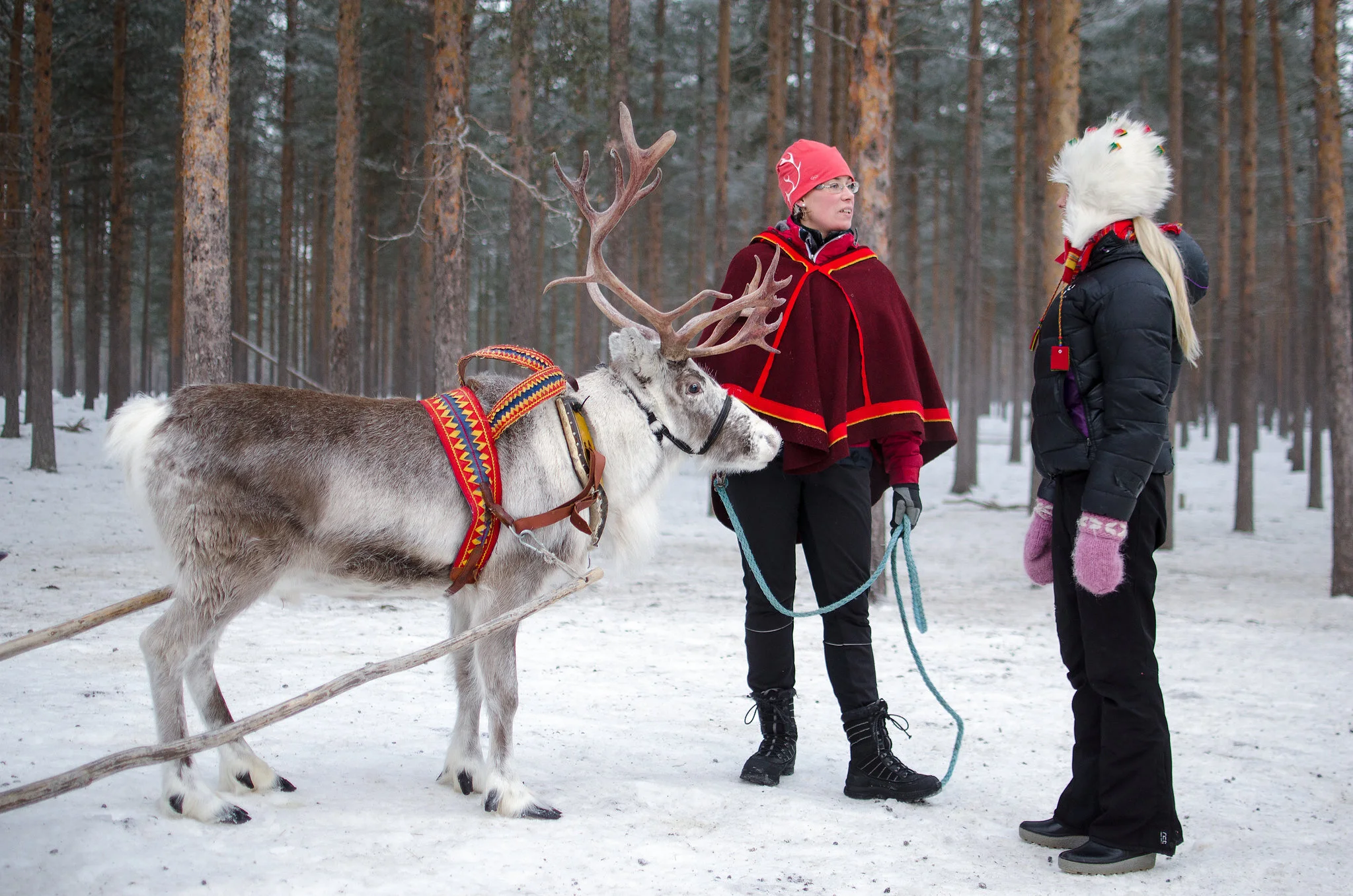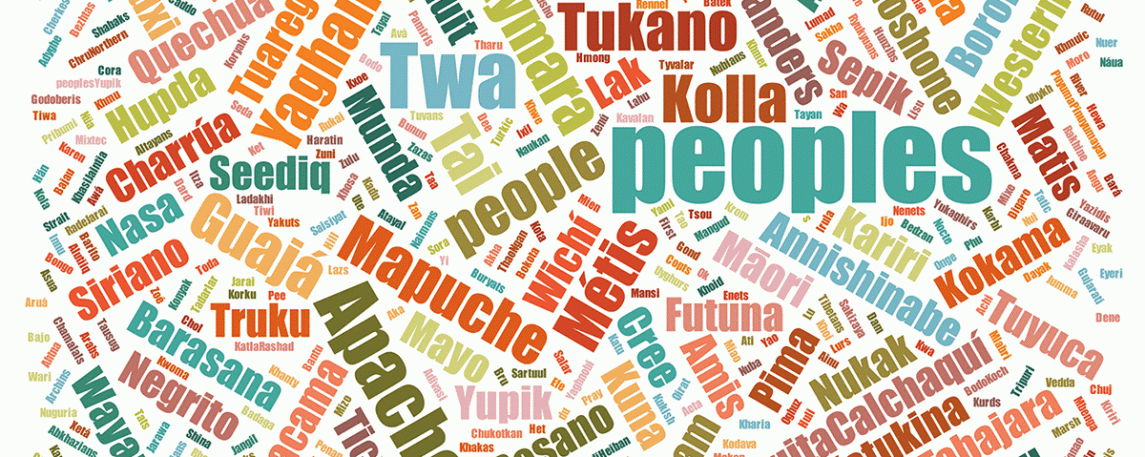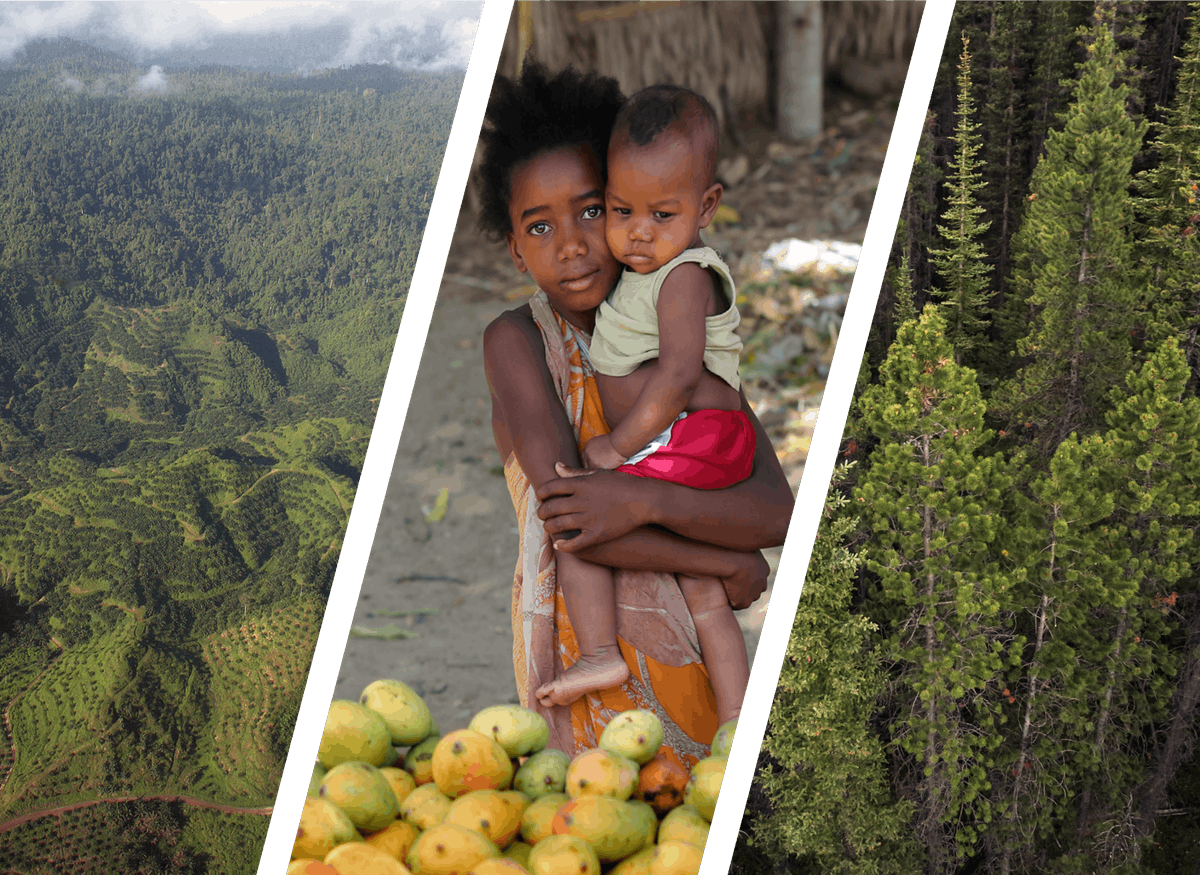Lake Superior - Our Helper is a documentary film that tells the inspiring story of the Batchewana First Nation's struggle to claim their rights over the land that has been passed down to them by their ancestors.
Read MoreThank you to all of our guests, panelists, research assistants and colleagues that helped us have a great slate of events for April and our Earth Month programming. You can re-watch (or watch for the first time) below. We will update a couple of the videos for increased accessibility. We hope you enjoy and share these!
Read MoreThe last few decades have seen an exponential rise in the deployment of wind energy worldwide, mostly through the development of large-scale wind farms. Onshore wind is land-intensive: because wind energy is more dispersed than fossil fuel energy, it has significant spatial requirements, and with those requirements come an increasing number of conflicts—from the Americas to Asia, Africa, and Europe (Avila 2018). Two key features of these conflicts are pressures on land and patterns of uneven development, which create problems of space and justice (Avila 2018).
Read MoreSince our last book list, the world has changed quite a bit. While we have many new challenges stemming from the pandemic and many other developments, a lot of the work that needed to be done last year has not gone away. During Earth Week 2021, we want to share some works to help understand the world we are living in and a more just world that we want to see. There are also some New School links to some of these books, showing the work that our community is doing towards justice and equity.
Read MoreApril is normally the busiest month for the Tishman Center, as the variety of programming focused on Earth Day that we have spent several months developing comes to life on campus. This year, however, in light of COVID-19, the Tishman Center, along with the rest of the world, had to rapidly readjust and find ways to transition towards a virtual format to ensure that we keep our community safe but still get a chance to connect.
Read MoreIn terms of infrastructure, the Project will have a traditional Haudenosaunee longhouse, which is the sisters’ first goal. Traditionally, longhouses are infrastructures in which usually more than one family, if not a whole clan would live in. Usually, longhouses are built “with pole frames and elm bark covering” but for this project, the three sisters are planning to build it with hempcrete, thanks to a collaboration with Escher Design, Inc. an architectural firm based in Dorset, Vermont. According to Alex Escher, Director of Hemp Development at Escher Design, hempcrete has several benefits which will make the 3SSP Longhouse an example of more sustainable housing. “Hemp has the fastest CO2 to biomass conversion ratio found in nature, even more than agroforestry, as well as hempcrete, which also sequesters more CO2 than is emitted during its production.
Read MoreOn November 23rd 2019, not too far from New York City, The Three Sisters Sovereignty Project was launched by three resilient Kanien’kehá:ka (Mohawk) women: Katsitsienhawi Iakoskarewake (Tiffany Cook), Teiohontáthe Iakoskarewake (Fallan Jacobs), and Kawenniiosta Iakohthahiónni (Kawenniiosta Jock) from the Mohawk Nation of Ahkwesasne (or Akwesasne) which straddles the borders of Ontario, Quebec and northern New York
Read MoreThe beginning of a new decade is a perfect time for some lists of “best” films/ books/ places-to-go-to in the New Year. So, the Tishman Center decided to put together our own list of books published in the past decade that we think are essential in understanding the how’s and why’s of climate change and the systemic injustices that underline it. This list is by no means extensive but contains some of our team’s favorite titles as well as books we look forward to diving into in 2020.
Read More

![[Re]-Watch Earth Week 2022 Videos](https://images.squarespace-cdn.com/content/v1/5d14dab43967cc000179f3d2/7a5b27ec-8f8a-4d20-ab26-cbbd97ef917c/earth%2Bweek%2Bmulti%2Blogo%2Bno%2Bborder%2B%281%29.png)



![The Three Sisters Sovereignty Project [Part 2]](https://images.squarespace-cdn.com/content/v1/5d14dab43967cc000179f3d2/1586972240890-HL204600AO232XZG1TGJ/Picture2.png)








